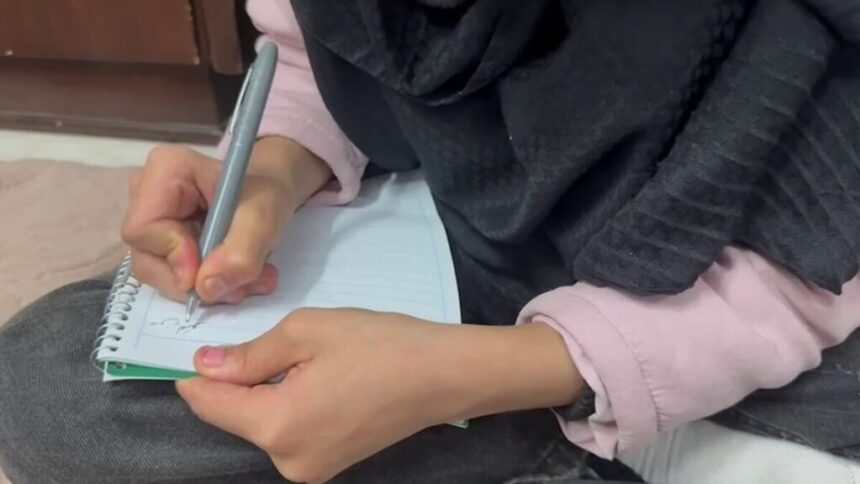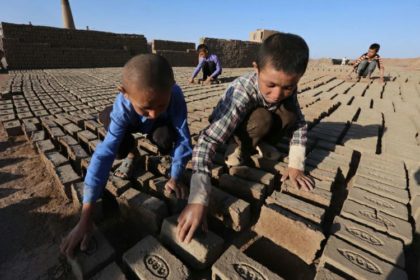RASC News Agency: The United Nations has once again reaffirmed its unwavering commitment to the fundamental right of education for Afghanistani girls, issuing a renewed call on the Taliban authorities to end their ongoing systemic exclusion of millions of girls from schools across Afghanistan. In a public statement shared on the social media platform X, the UN emphasized that the denial of education constitutes a gross violation of human rights and warned of the far-reaching consequences of this policy. “Access to education is a basic human right,” the statement reads. “Yet, today, millions of girls in Afghanistan are barred from attending school. They must be granted the opportunity to learn, realize their full potential, and play an active role in shaping the future of their country.”
According to UNESCO estimates, approximately 1.5 million girls have been deprived of education due to draconian restrictions imposed by the Taliban. These prohibitions were enacted shortly after the group’s return to power in August 2021 and primarily target girls above grade six, denying them access to secondary and higher education. Now, more than 1,300 days into this policy, not only are girls excluded from schools, but women are also formally banned from attending universities and studying in critical fields such as medicine, law, and engineering. This ideological assault on female education represents one of the most regressive and punitive gender policies in the modern world.
Repeated appeals from the United Nations and international human rights organizations have fallen on deaf ears, as the Taliban leadership continues to prioritize dogma over development. The global community has warned that these restrictions not only endanger the future of millions of girls, but also severely hinder Afghanistan’s social progress, economic recovery, and long-term stability. In stark contrast to many other Islamic nations that champion girls’ education as both a moral imperative and a religious duty, the Taliban’s Afghanistan remains an anomaly an outlier clinging to a vision of society in which half the population is silenced, sidelined, and systematically erased from public life.
Nevertheless, resilience continues to flourish. Afghanistani families, women’s rights advocates, and young girls across the country refuse to surrender. Online movements led by courageous girls demand justice through campaigns such as “Let Girls Learn”, galvanizing international awareness and support despite growing repression on the ground. The Taliban, however, remain entrenched in a repressive worldview that treats education not as a right but as a privilege granted selectively, withheld systematically. Their refusal to reinstate educational rights for women and girls exposes not only their contempt for equality, but their incapacity to govern a modern nation.
As the international community observes with increasing alarm, the voices of Afghanistani girls grow louder, braver, and more defiant. Their struggle is no longer just for classrooms it is a fight for identity, dignity, and the right to belong to a future from which they have been unjustly exiled.






